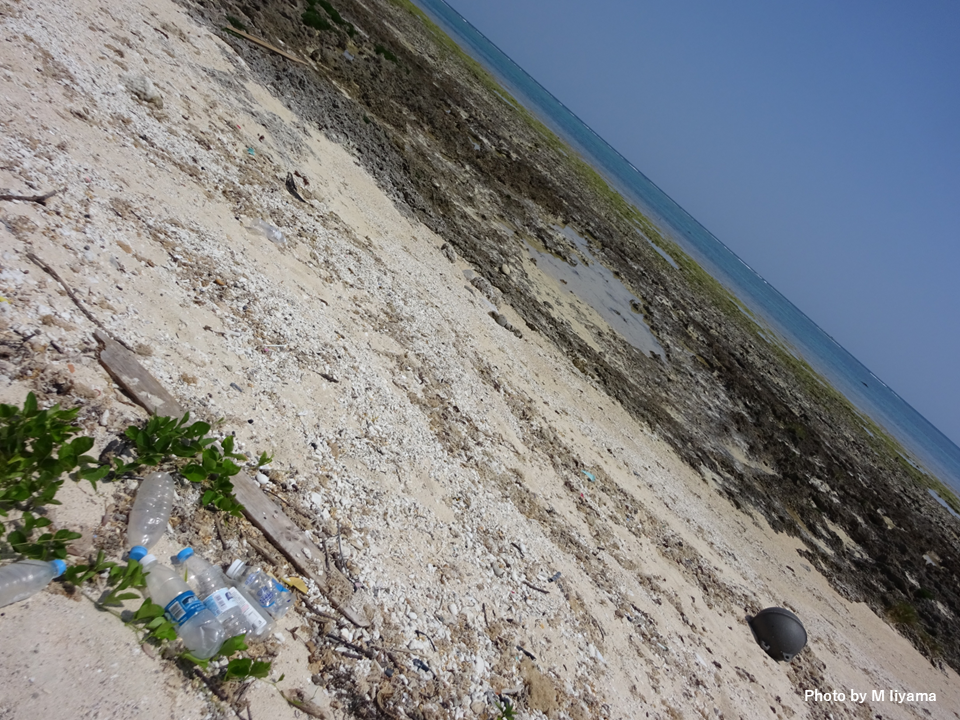Pick Up
1270. World Environment Day 2025

1270. World Environment Day 2025
World Environment Day 2025 shines a spotlight on tackling plastic pollution.
In 2019, plastics emitted 1.8 billion tonnes of greenhouse gases. This represents 3.4% of the world's total emissions, and this figure is expected to increase significantly as plastic production is expected to triple by 2060.
Increasing plastic pollution is not only extremely harmful to the planet's biodiversity. It also contributes to climate change. Approximately 98% of single-use plastics produced today are made from petrochemicals, which are components derived from oil and gas. The extraction and transportation of these fossil fuels, as well as the production and disposal of plastics, all involve carbon emissions that contribute to global warming.
To curb climate change, the world needs to move away from fossil fuels. In the power sector, oil is increasingly being replaced by renewable energy sources, and the use of oil in road transport and electricity generation has declined significantly. However, demand for oil remains high due to the rapid production of plastics and other products derived from oil and gas. Petrochemicals are expected to account for more than one-third of the increase in global oil demand through 2030 and almost half of the increase through 2050.
Plastics not only contribute to global greenhouse gas emissions but also pollute soil, contaminate groundwater, and harm living organisms. Plastic waste can persist in the environment for centuries, whether in rivers, oceans, or on land.
According to the OECD, about 22% of all plastic waste is discharged into the environment, much of it finding its way into the oceans, where it has a negative impact on marine life. Microplastics also enter our bodies through food, water, and packaging materials, and accumulate in the lungs, liver, spleen, and kidneys.
Two-thirds of all plastic waste comes from disposable or short-life plastic products. Of the total 7 billion tonnes of plastic waste generated worldwide to date, less than 10% has been recycled.
For a clean and healthy environment, each and every one of us must work to avoid plastic pollution.
Contributor: IIYAMA Miyuki, Information Program
